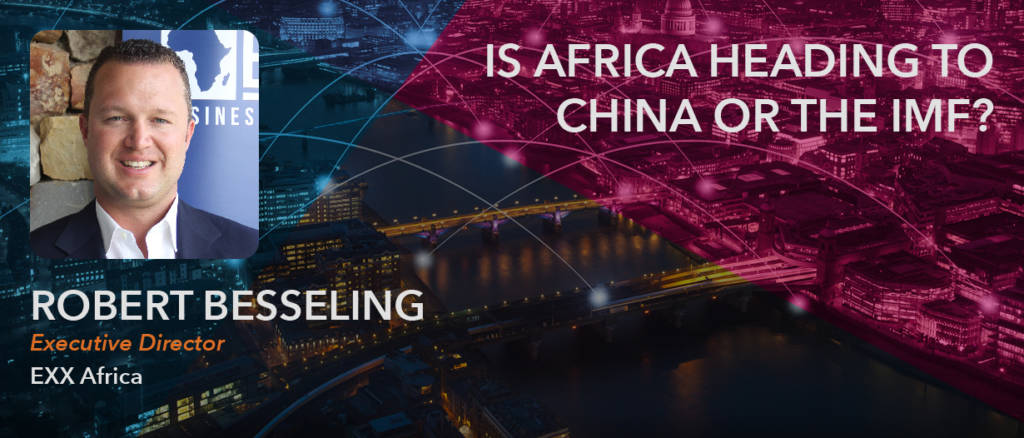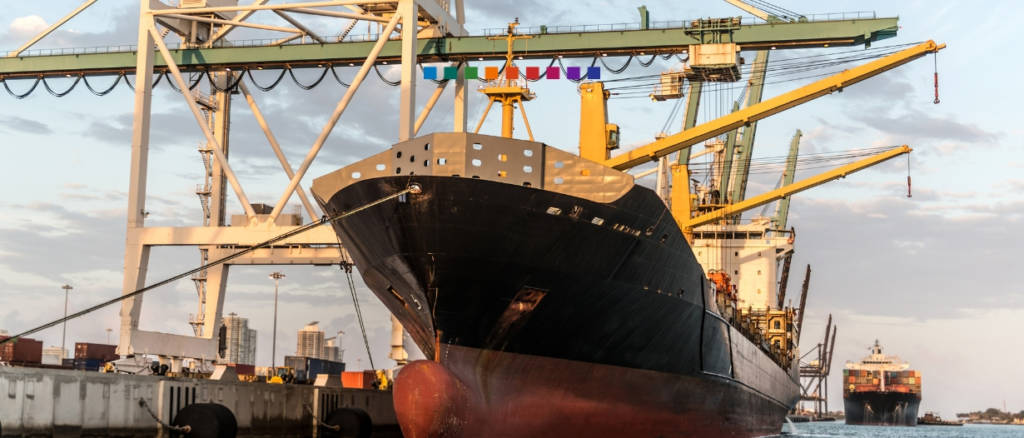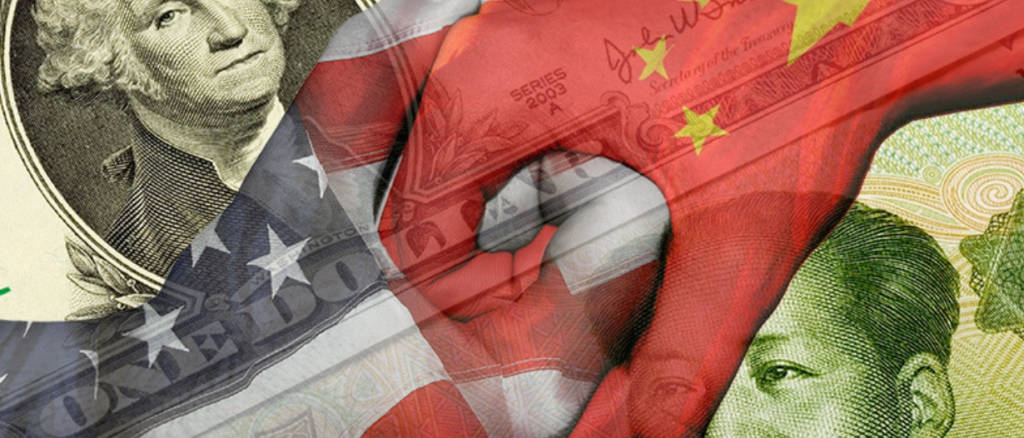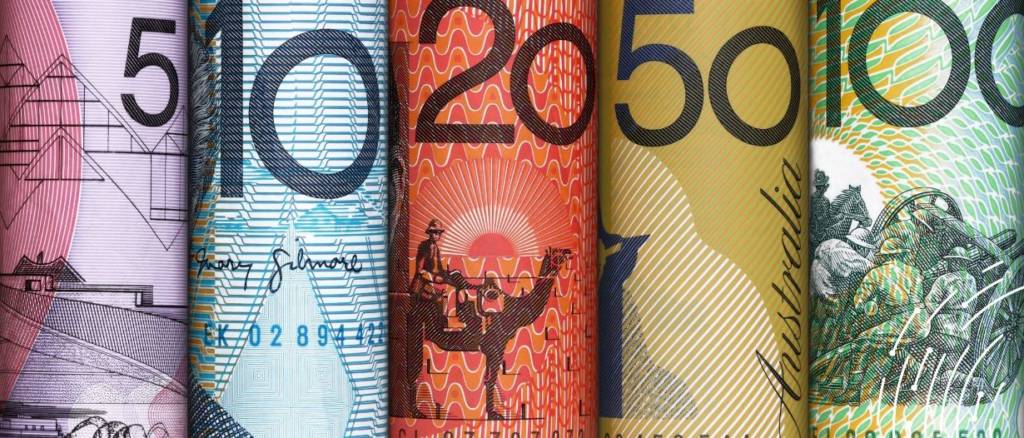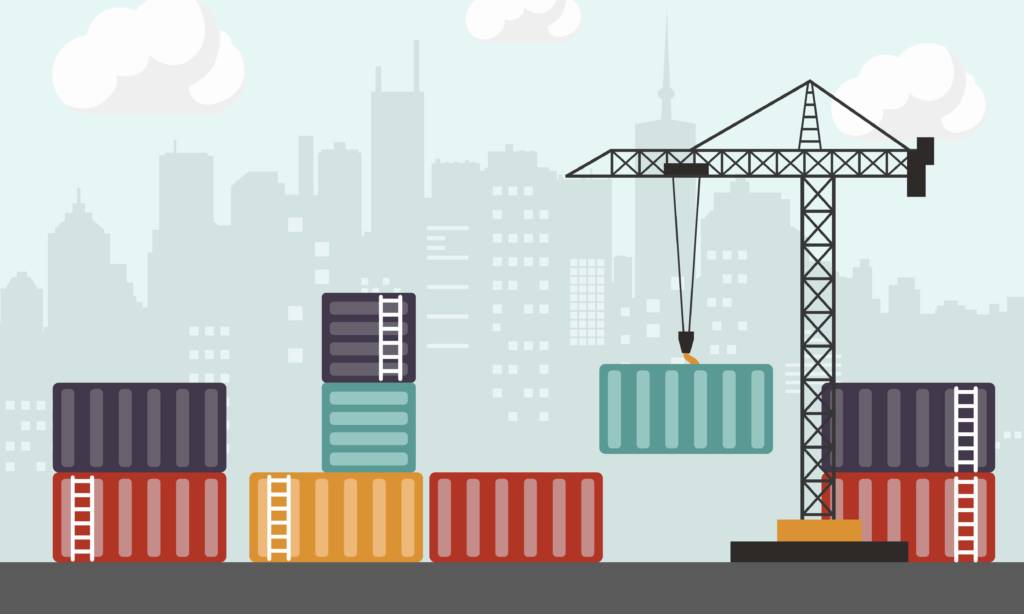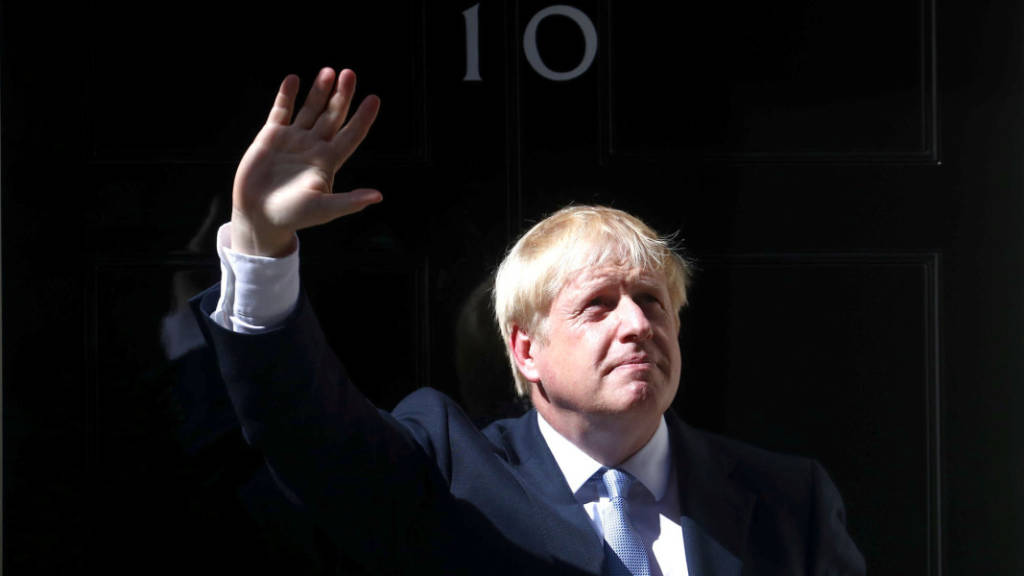Qual-ID’ combines digital ID verification and document proofing from Trulioo with risk screening from World-Check in a single point of access September 23, 2019: Refinitiv has taken a significant step forward… read more →
In Global Financial Integrity’s 2019 update “Illicit Financial Flows to and from 148 Developing Countries 2006 – 2015” the estimate of illicit outflows of trade related payments from developing economies for 2015 alone was counted in the hundreds of billions – greater in value in fact than the aid budgets flowing into those countries.
Over the past few weeks, trade spats have shaken global markets. Worldwide, trade conflicts are being borne of political rather than economic woes — is this the new normal?
There is, so far as I am aware, little or no precedent for what the UK is attempting to do: seeking to reduce unfettered access to its closest and most important market – which also happens to be one of the world’s two largest. In 2018, 46% of the UK’s exports went to the EU, and 54% of UK imports came from it. Almost all countries in the world try to make trade deals, not dismantle them.
Specialist intelligence company EXX Africa’s director Robert Besseling assesses that African governments are increasingly integrating infrastructure investment options into a more competitive landscape that seeks to bridge the massive annual financing gap. However, accomplishing sustained economic growth, meeting revenue collection targets, and achieving positive indicators will be required to balance growing debt levels and record fiscal expansionism.
The volume of space dedicated to ‘trade wars’ in the past few months is vast. But this does not guarantee the subject has been properly examined and analysed. I would like to suggest another perspective, questioning some common assumptions.
A trade war is unlikely to turn into a currency war, and the yuan’s exchange rate against the dollar should stabilize and be slightly lower than it was before the trade war. However, this situation is not what the United States wants to see, and how it will develop still needs to be observed to further respond to the depreciation of the RMB.
In July the pound continued its march lower as markets prepared for the prospect of a PM who would be more aligned with a no-deal Brexit outcome
The value of global trade today is around $40 trillion. Approximately 10% of this amount is commodity trade. Therefore being able to predict what is likely for the future of the trade industry to hold is essential for business growth and preparation. Some of the most influential factors on global trade today are
Boris Johnson has now formally accepted the Queen’s invitation to form a government. TFG heard from leaders in trade, treasury, export and finance.



















